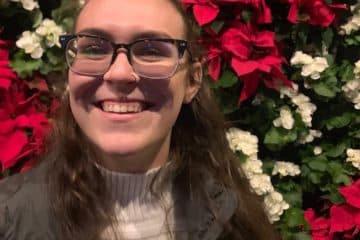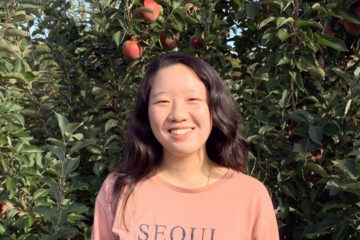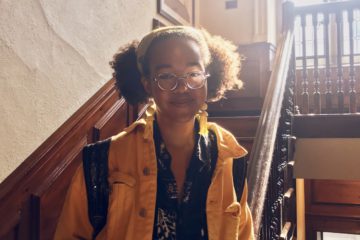I had a massive safety net to fall back onto– stable home in a relatively affluent suburb that I could come home to. All income earners in my house worked jobs that could go remote, which meant that we continued making money without risking exposure. We could keep ordering food without having to go into stores, and more generally maintain our access to food and healthcare without risking exposure to COVID. We could go on daily walks in our spacious suburb and keep our distance from people around us. This inequality made me feel bad and guilty for being in a really different position from those who had to risk exposure constantly.
There was one night in this whole period where we had to decide whether we would go to a store and risk exposure or go hungry. And that was so scary– and it was one night, instead of having to make that decision all the time.
I also have continued to see a therapist remotely, because my family has health insurance and we can afford co-pays. I didn’t have to mess around with Yale Health– I was immediately able to start seeing a therapist that a friend recommended and I could start my path of recovery. I can’t imagine what it would have been like to have to wait longer for therapy. And because of my class position, I was able to withdraw from Yale and not have to think about money– which made a really difficult time in my life relatively easier. It’s crucial that Yale expand access to mental health resources by reducing wait times and meeting student preferences so others can get support quickly like I did.
Yonatan Greenberg, he/him. 2021, Saybrook.


